Search Images
Browse Content (p. 1586)
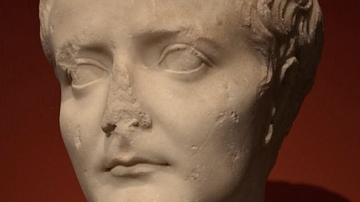
Image
Tiberius, Altes Museum
Portrait of Roman Emperor Tiberius (reigned 18 September 14 CE – 16 March 37 CE) in Altes Museum, Berlin.
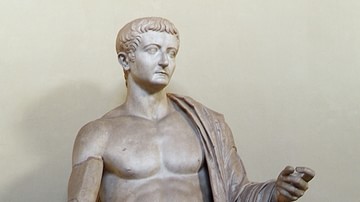
Image
Tiberius Statue, Vatican Museums
Seated statue of Tiberius, 41-54 CE, from Privernum. (Chiaramonti Museum, Vatican Museums) The sculpture dates after 37 CE, the year in which the emperor died, and together with other imperial portraits, was part of an iconic cycle set up...
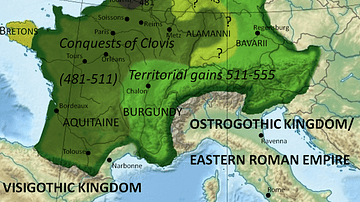
Image
Frankish territory in 555
Territory occupied by the Franks in 555 after the conquest of northern Italy.

Image
Pictish Warrior with Drinking Horn
Bearded Pictish warrior from the Bullion Stone, Angus, now in the National Museum of Scotland.
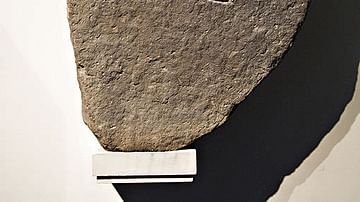
Image
Pictish Burghead Bull
Pictish Burghead Bull, 7th century CE, found in Burghead, Morayshire, Scotland; now in the British Museum.
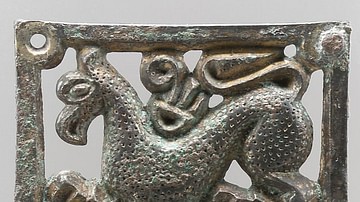
Image
Avar Belt Mount
Avar belt mount, 8th century.
Metropolitan Museum of Art, New York.
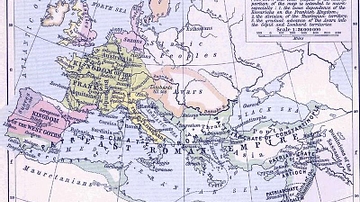
Image
East Roman Empire, 6th century CE
East Roman Empire, 6th century CE, showing the territories of the Avars, Goths, Franks, Lombards, Saxons, Thuringians, Slavs.
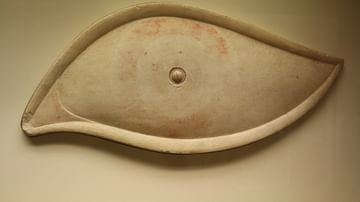
Image
Trireme Eye
A marble eye which was once attached to the prow of a trireme in order to ward off evil. Traces of the original paint can still be seen. (Archaeological Museum of Piraeus)
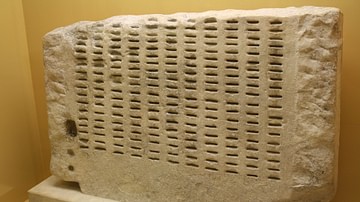
Image
Kleroteria
Stone kleroteria; a device that randomly dispensed black or white tokens which the Athenians used to select citizens for jury service. (Agora Museum of Athens)
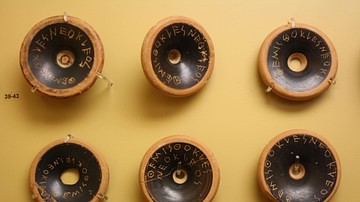
Image
Ostraka for Themistocles
Pottery ostraka identifying Themistocles, 482 BCE. These were used in Athens to vote a particular citizen to be ostracised from the polis. From a well on the north slope of the acropolis of Athens. (Museum of the Ancient Agora, Athens)